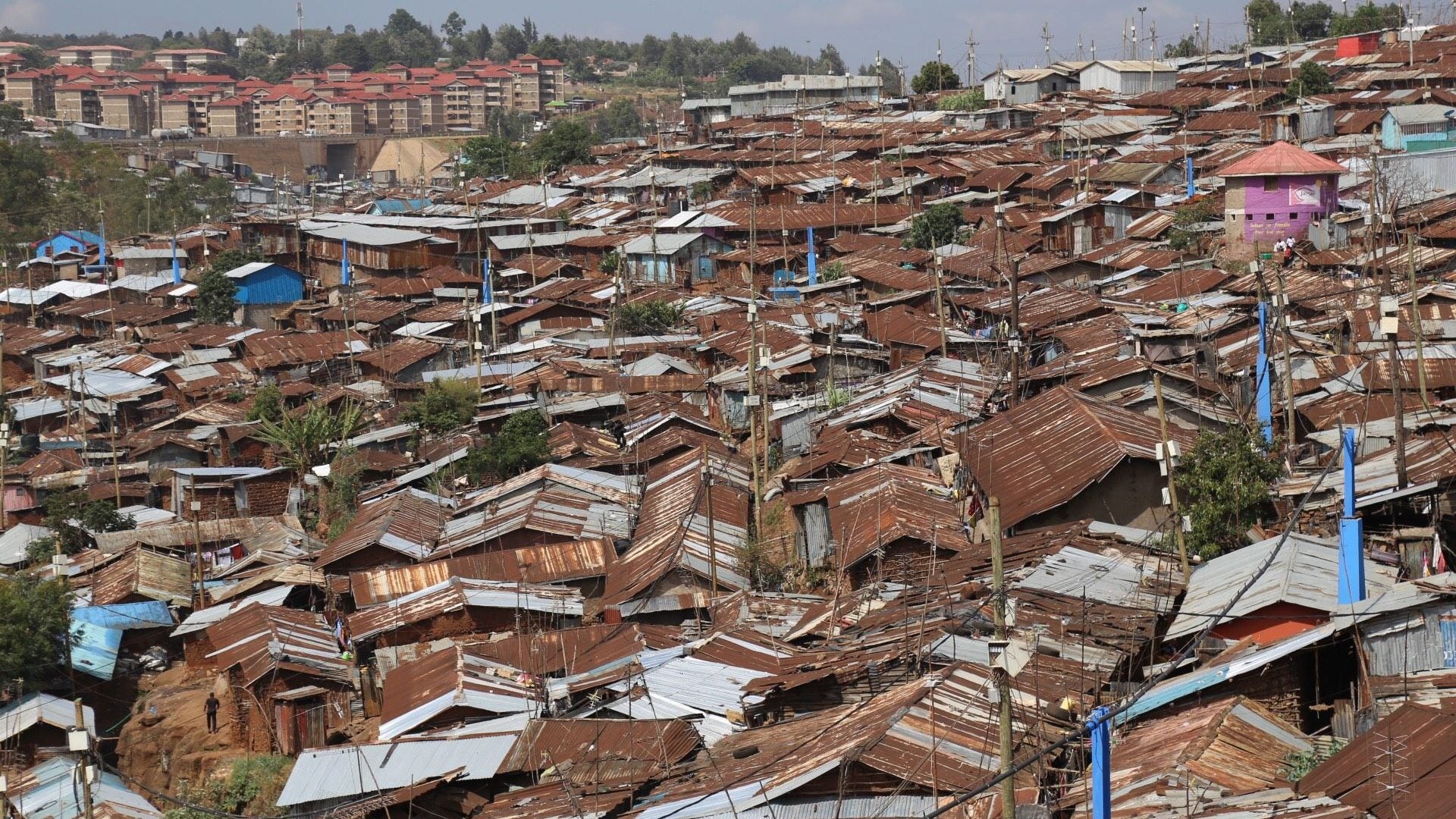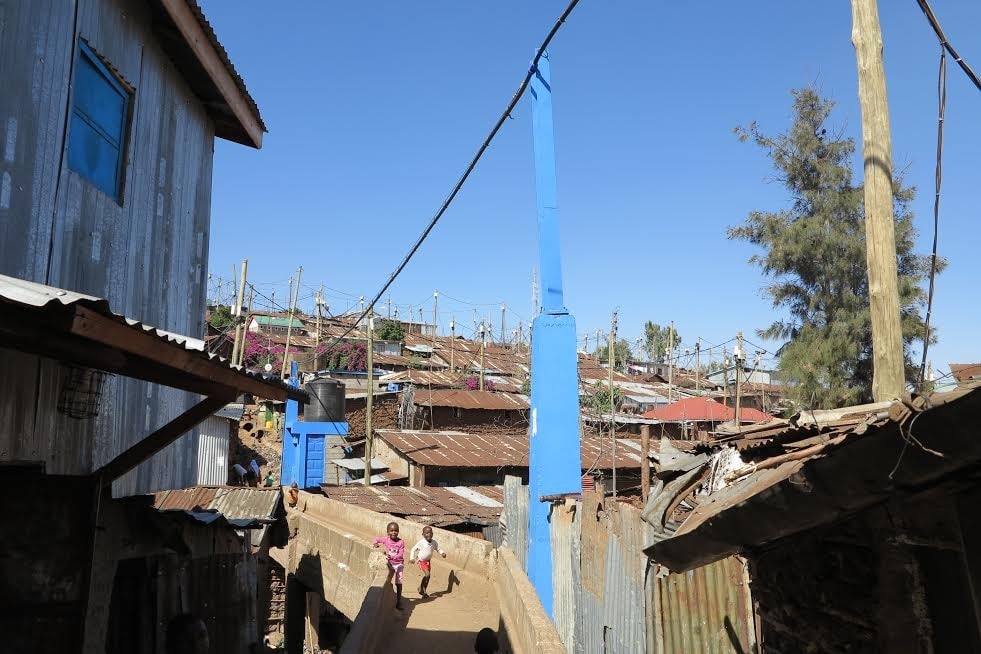A Kenyan nonprofit’s innovative aerial water system just won it the world’s largest humanitarian prize
The Kenyan nonprofit organization Shining Hope for Communities (Shofco) was announced this week as the recipient of the the Conrad N. Hilton Humanitarian Prize.


The Kenyan nonprofit organization Shining Hope for Communities (Shofco) was announced this week as the recipient of the the Conrad N. Hilton Humanitarian Prize.
Shofco is the first organization focusing on slums to be awarded the prestigious award and will receive $2 million in unrestricted funding—an amount greater than any one of the six Nobel Prizes. Previous winners of the Hilton prize over the last two decades have included medical group Doctors Without Borders, healthcare organization Partners in Health, and Landesa, a nonprofit that secures legal land rights for the world’s poor. Shofco has a range of programs focused around transforming slums in Kenya by improving critical services including health care, education and economic empowerment for women and girls, water and sanitation.
Kibera is a sprawling slum in Nairobi. The informal nature of Kibera makes it hard to ascertain for certain how many people live there, but estimates range from 170,000 to 1 million people—in any case, it is the largest slum in Africa. In Kibera, like in many other slums around the world, water is scarce, expensive and can often be contaminated. About two-fifths of Kenya’s 46 million people rely on unclean water sources, such as ponds, shallow wells and rivers, particularly in rural areas and slums, the charity organization Water.org told to Reuters.
“I believe change can only come from the community itself,” says Kennedy Odede, who grew up in Kibera, and went on to found Shofco as an adult. “I started asking people I grew up with, what they would do if they could do anything? One day someone said they would put the [water] pipes in the air.” So that’s what Shofco did.

Shofco’s aerial water network consists of overhead pipes supported by wooden poles that connect to 10 water kiosks throughout Kibera, allowing clean water to flow through pipes in the air without fear of tampering by cartels who divert water to private vendors.
Effectively, the new system cuts the price of a 20-liter jerry-can of potable water by 60%, from five Kenyan shillings to two. The design can be implemented quickly as it does not involve trench digging and underground pipe laying.
According to Odede, those living in Kibera use a cashless system to access the water. Shofco has partnered with the telecom company Safaricom to give Kibera residents an identity card that they can load with the mobile money platform M-Pesa, and then swipe to release water from the system.
In its press release, the Hilton Foundation highlighted the community-driven aspect of Shofco’s work:
Shofco is a remarkable example of citizen-led change, created by people living in very challenging conditions. As Africa and the world urbanize and more informal settlements are created, Shofco provides an inspiring example of local creativity and solutions.
Shofco is not the first organization to try and improve water access in Kibera. But many previous attempts to support traditional underground piping systems have left pipes vulnerable to leaks, breakage, and consequent contamination.
Initial funding was provided by Pentair, the multinational industrial company. Shofco then worked with Safaricom and the US African Development Fund to build additional kiosks. So far, Shofco’s aerial piping system services reaches over 11,000 people. This is meant to be a pilot phase of the project, and the organization is currently working with the US Centers for Disease Control to study the system’s efficiency before scaling up. Shofco’s goal is to eventually provide potable water to 84,000 people in Kibera through the above-ground pipes.